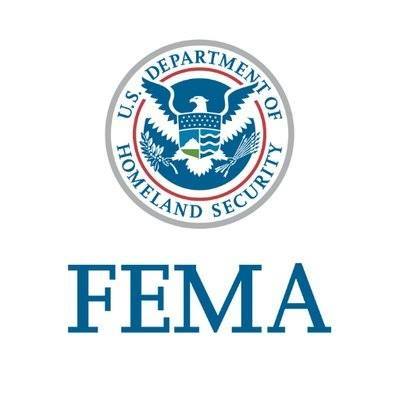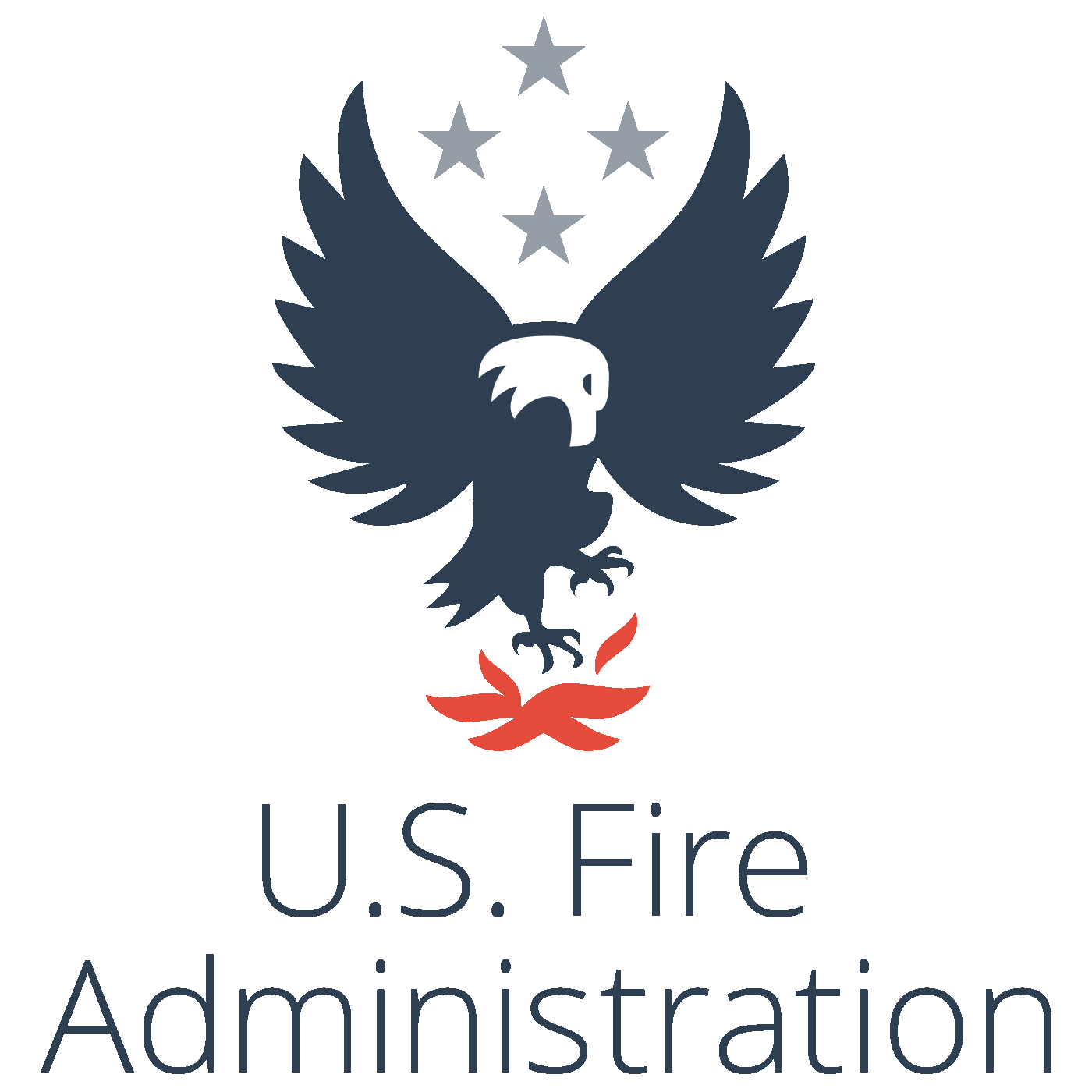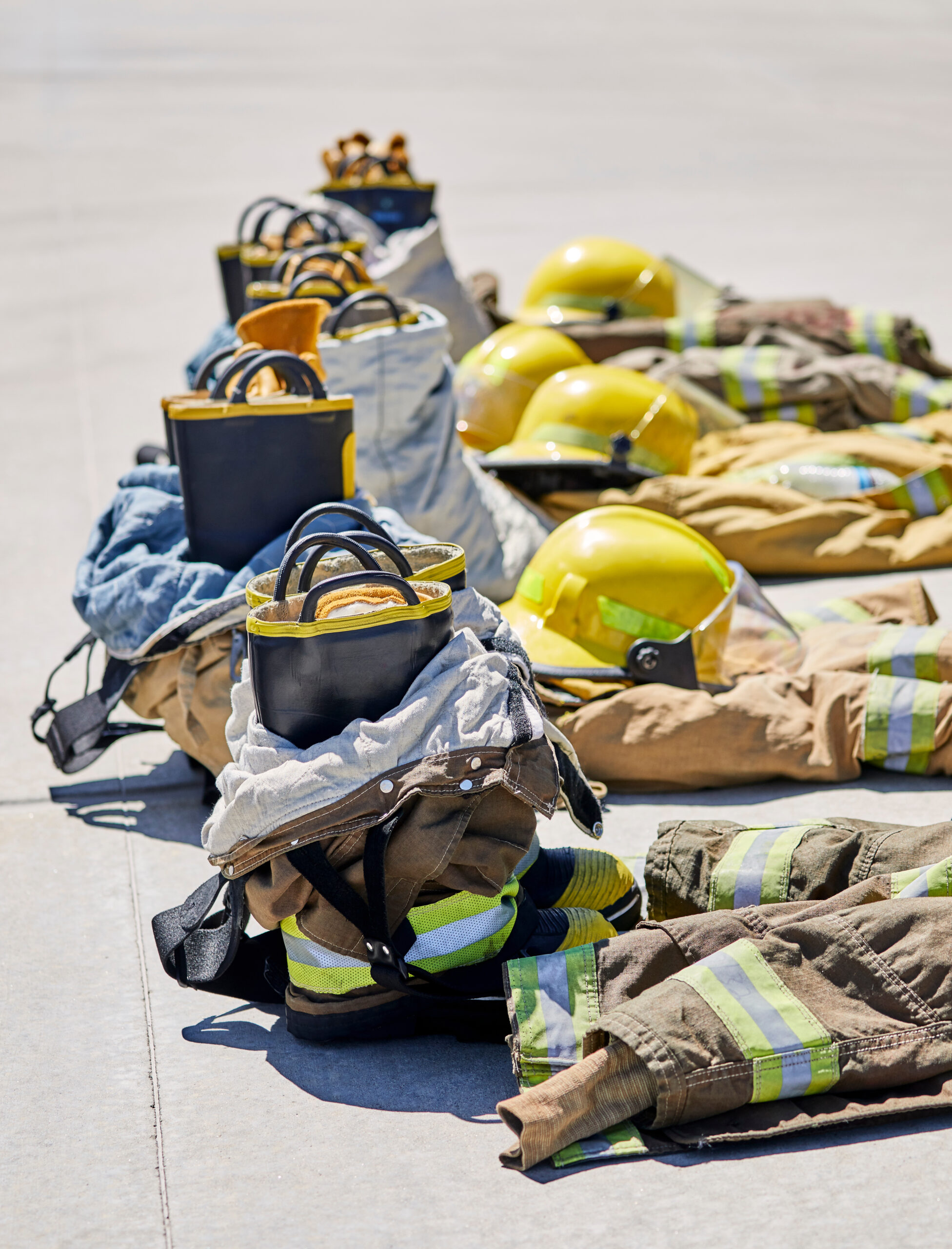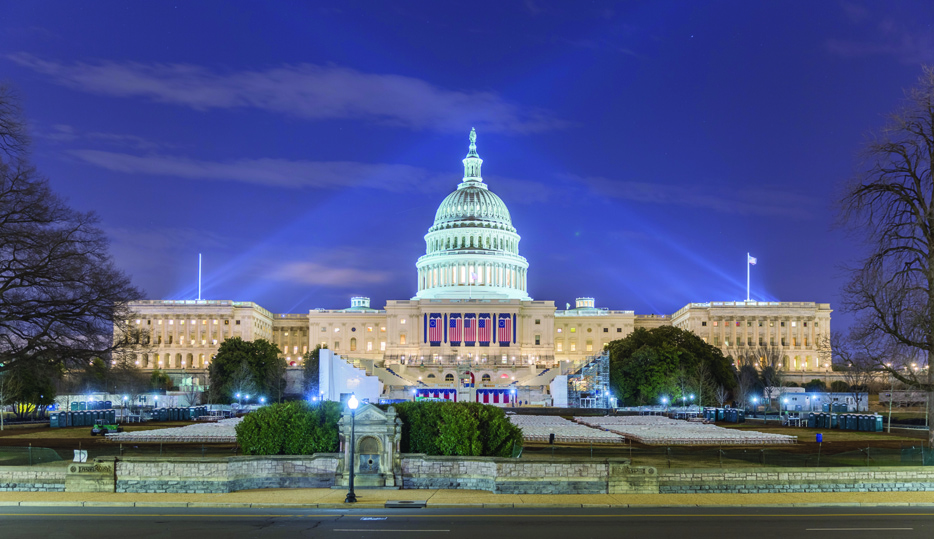


Prepare all firefighters for the climate-driven increase in wildfires in the wildland-urban interface (WUI) and in rural and suburban communities by providing them with the proper training and equipment.
Key Climate Change Downloads
Issue
According to a June 2022 U.S. Congressional Budget Office (CBO) report, the intensity of wildfires has increased, as has the number of wildfires impacting the built environment over the past 30 years1. As our nation continues to grow and develop in the wildland urban interface (WUI), our communities face increased wildfire threats associated with increased populations, reduced land management practices, dangerous buildups in fuel, and climate change.
Climate is further exacerbating conditions. NASA’s long-term temperature monitoring found July 2023 to be the hottest July since record-keeping began in 18802. While fluctuations are expected and normal, data points to a warming climate, with the five hottest Julys recorded in the previous five years.
Furthermore, an August 2023 NOAA assessment of U.S. climate found a record number of billion-dollar disaster events to date in 20233. Among the disasters identified by this report is the August 8 wildfire on the island of Maui, HI. Worsened by Hurricane Dora’s winds, the wildfire has become the deadliest in the United States in over a century.
1 Wildfires. Congressional Budget Office. June 2022.
2 NASA Clocks July 2023 as Hottest Month on Record Ever Since 1880. Global Climate Change/NASA. Published August 14, 2023.
3 Assessing the U.S. Climate in August 2023. NOAA, National Centers for Environmental Information. Published Sept 11, 2023.
- The Science Analysis of the National Cohesive Wildland Fire Management Strategy
- IAFF: Risk Perceptions, Management Regimes, and Wildfire Mitigation Behavior in Wildland-Urban Interface Zones: A Cross-Case Analysis (2014)
- NFPA Research Foundation: WUI-NITY 2: The Integration, Verification, and Validation of the Wildfire Evacuation Platform WUI-NITY
- NFPA: Wildland/Urban Interface: Fire Department Wildfire Preparedness and Readiness Capabilities – Final Report
- Climate Change Increases the Risk of Wildfires
- NASA: Satellite Data Record Shows Climate Change’s Impact on Fires
- NPR: Extreme heat, flooding and wildfires: How climate change supercharged the weather
- Washington Post: Wildfires, floods, typhoons: 24 hours of photos show climate change threat
- Washington Post: Wildfires are burning higher in the West, threatening water supplies
- The Guardian: Air quality plummets as smoke from roaring wildfires chokes US west
- 12News: Differences between fighting urban fire and wildland fire
- USFA: Creating a Community Wildfire Protection Plan (May 2020)
- USDA: ON FIRE: The Report of the Wildland Fire Mitigation and Management Commission (September 2023)
- USFA: Wildland Urban Interface: A Look at Issues and Resolutions
- National Cohesive Wildland Fire Management Strategy
- USDA: USDA Community Wildfire Defense Grant
- IAFC: IAFC Wildland Resources
- IAFF: IAFF Wildland Firefighting Safety and Response
- The U21 International Fire Safety Consortium
- USFA: Wildland Urban Interface: A Look at Issues and Resolutions A Report of Recommendations for Elected Officials, Policymakers and All Levels of Government, Tribal and Response Agencies (June 2022)
- National Interagency Fire Center
- NFPA: Fifth Needs Assessment of the US Fire Service
- Congressional Budget Office: Wildfires (June 2022)
- EPA: Climate Change Indicators: Wildfires











